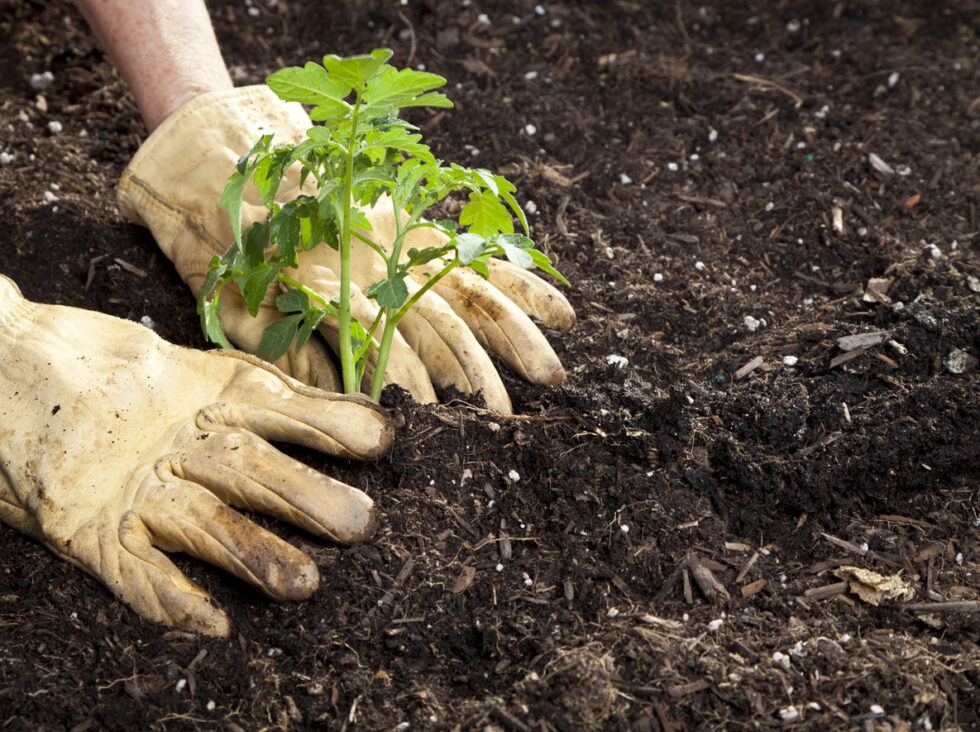Two days ago, I picked my first zucchini of the season. I have my eye on an early-maturing tomato starting to turn pink. Here in central North Carolina, our first fruits of summer are just beginning to arrive.
I love gardening because it keeps me grounded. With its fall, spring, and summer crops, it provides a seasonal structure to my days. In our productivity-obsessed culture, I find gardening allows me to slow down and reattune to the rhythms of the natural world.
Of course, gardening often doesn’t go according to plan. Problems I have encountered in just the past three years include: not enough rain, too much rain, bugs, blight, deer, groundhogs, rabbits, squirrels, voles, seeds not germinating, accidentally stepping on or damaging a plant, and not knowing how to take care of a plant and killing it through my own ignorance. Sometimes a crop will fail and I have no idea what went wrong. Other times a crop will succeed and I’m not sure what went right.
Gardening does not just allow me to slow down, it also invites me to be patient and humble. It shows me the limits of what I can control. It can feel immensely frustrating and disappointing to care for a plant only for it to die just before harvest. However, gardening can also create space for wonder. With everything that can go wrong, seeing and tasting a plant bear fruit feels like a tiny miracle. Perhaps it is a miracle.
As it happens, the Jewish calendar overlaps closely with my local gardening calendar – we plant around Passover and enjoy the first fruits of summer around Shavuot.
The pilgrimage festivals of the Jewish calendar – Passover, Shavuot, and Sukkot – all mark significant moments in the Exodus story. Shavuot celebrates God’s revelation at Sinai and the giving of the law. We count the seven weeks of the Omer to mark the time between redemption (Passover) and revelation (Shavuot). We dwell in impermanent structures during Sukkot to remember our journey through the wilderness. However, all three of these festivals are also agricultural holidays.
Exodus 23:16 refers to Shavuot as the “Harvest Festival” and “Festival of the First Fruits.” In the various places in which Shavuot is mentioned in the Torah (Exodus 34:22; Numbers 28:26: Deuteronomy 16:10) there is no mention of the revelation at Sinai – only Shavuot’s association with harvest and first fruits. Even texts that describe the counting of the Omer do so in agricultural terms (Leviticus 23:9-21; Deuteronomy 16:9-12).
Before my experiences gardening, I imagined that the big themes of revelation and redemption were distinct from agriculture. I saw the cyclical rhythms of Jewish life as mostly theological and mystical, rather than earthy and practical. However, my experience over the past several years has taught me otherwise. If gardening is an exercise in patience, humility, and wonder, is it really so different from a direct encounter with God?
In what I hope is not a blasphemous statement, I can say that my first bite into a homegrown Cherokee Purple tomato each year feels like its own kind of revelation. I am also acutely aware that even though I have worked hard to bring the plant to fruition, any number of disasters could have befallen the plant at any point in the growing process. Gardening reveals grace.
My invitation to all of us celebrating Shavuot this year is that we imagine the relief and wonder that the ancient Israelites must have felt upon harvesting their first fruits. If the giving of the Torah was a singular mystical moment in time, the agricultural roots of Shavuot give us a taste of smaller, subtler miracles and the promise of more to come.

